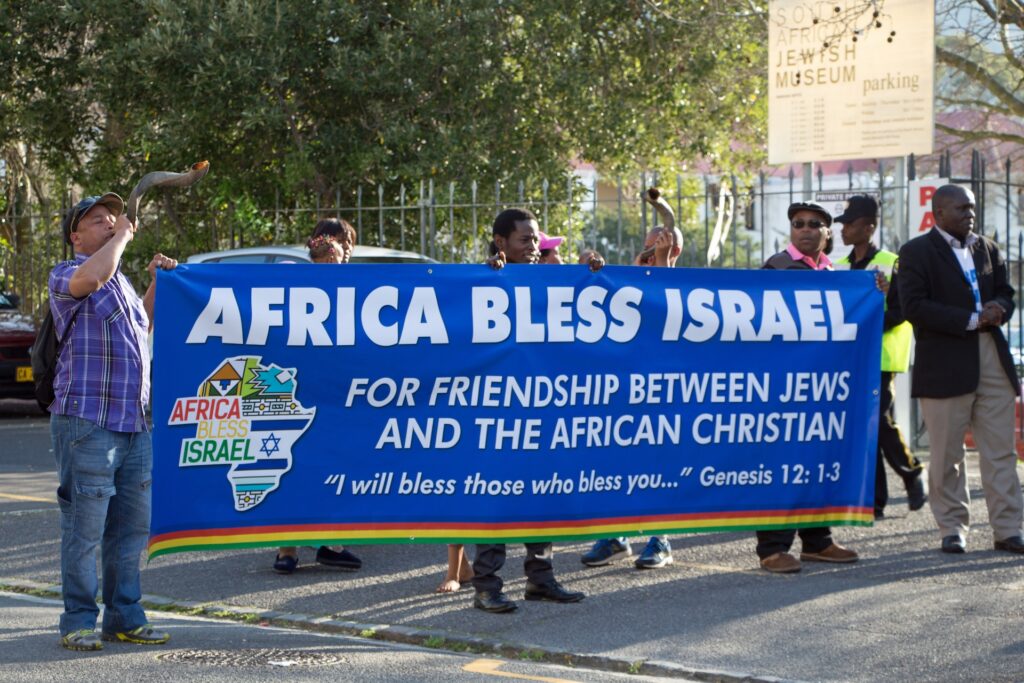Ismat Quzmar
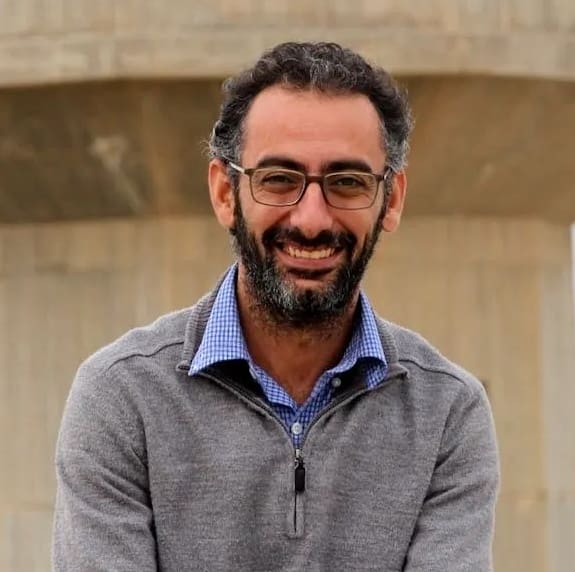
Ismat Quzmar is an economic researcher based in Ramallah, Palestine. He is currently the External Relations Officer at the Palestine Economic Policy Research Institute (MAS) and previously worked with the Ministry of National Economy, the Palestinian Network of Non-Governmental Organizations (PNGO), and the Advancement Department of Birzeit University. Ismat holds a master’s degree in comparative […]
Walid Habbas
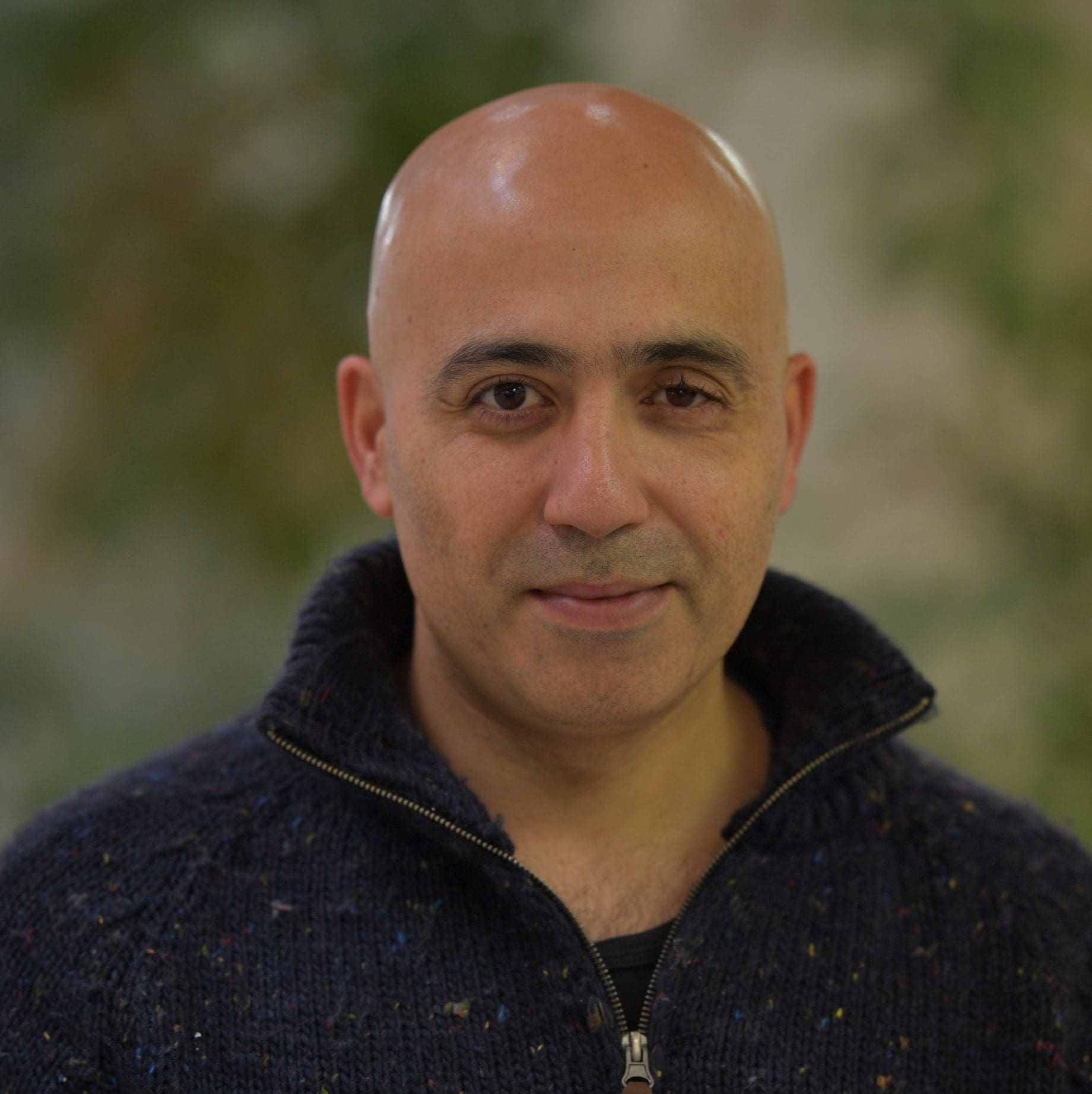
Walid Habbas is a researcher at the Palestinian Forum for Israeli Studies (MADAR) and a PhD candidate at the Hebrew University of Jerusalem. He is currently working on the West Bank-Israeli economic relationships with an emphasis on the multiple modes of interaction between Palestinian class-sectoral actors and the colonial structures: border and permit regimes. He is researching activities such as smuggling, labor migration, labor brokerage networks, logistic routes, and colonial economic interventions.
Tareq Sadeq
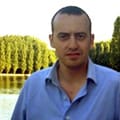
Al-Shabaka Policy Member Tareq Sadeq is a Palestinian refugee from the village of Majdal Sadeq near Jaffa and currently lives in Ramallah. Tareq holds a Ph.D in economics from the University of Evry Val d’Essonne in France, where he was engaged in the Palestine solidarity movement and served as head of the General Union of Palestinian Students (GUPS). Currently, Tareq is assistant professor in the Department of Economics at Birzeit University. He has published on monetary policy, macroeconomics, econometrics, labour economics, income inequalities, and entrepreneurship. He is also a researcher in Palestine’s Global Entrepreneurship Monitor (GEM).
Samia al-Botmeh
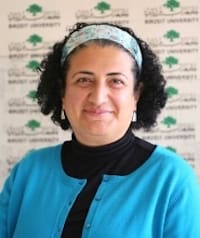
Samia Al-Botmeh is an assistant professor in economics at the Faculty of Business and Economics/ Birzeit University. She was the director for the Centre for Development Studies at Birzeit University till 2014. She worked with the Palestine Economic Policy Research Institute (MAS) in Ramallah as a researcher. She completed her PhD at the School of African and Oriental Studies- University of London, in labour economics. Areas of interest and publications are gender economics, labour economics, and political economy of development. She has engaged in research on alternatives to neo-liberal development in the West Bank and Gaza Strip, and gender differentials in labour market outcomes.
Sami Miaari
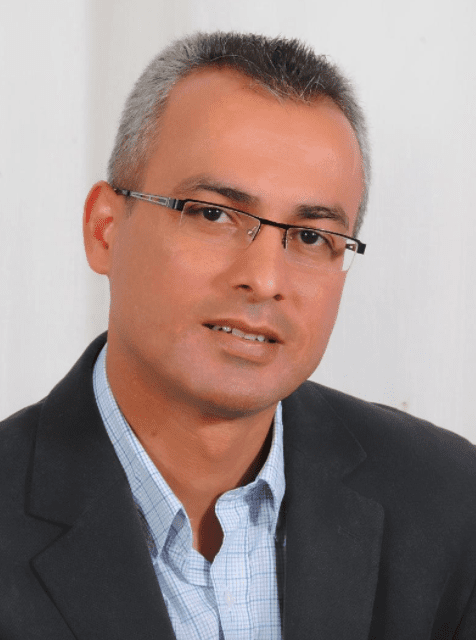
Al-Shabaka Member Sami Miaari is a lecturer at the Department of Labor Studies at Tel-Aviv University, and a Marie Skłodowska-Curie Fellow at the Blavatnik School of Government, Oxford University. He earned his Ph.D. and M.A degrees in Economics from the Hebrew University of Jerusalem, with research focuses on labour economics, economic causes and consequences of conflict, including on the economic costs of political instability and the relationship between economic shocks and conflict, discrimination against ethnic minorities, economic inequality, and applied econometrics. Sami has served as an economic consultant for the World Bank, IMF and other international organizations, and founded the Arab Economic Forum in Israel in 2010.
Sam Bahour

Sam Bahour resides in Al-Bireh/Ramallah, Palestine. He does business consulting as Applied Information Management (AIM), specializing in business development with a niche focus on the information technology sector and start-ups. Bahour was instrumental in the establishment of two publicly traded firms: the Palestine Telecommunications Company (PALTEL) and the Arab Palestinian Shopping Centers (APSC). He is Co-founder & Emeritus Member of Americans for a Vibrant Palestinian Economy (A4VPE). He currently is an independent Director at the Arab Islamic Bank PLC and a board member at Just Vision. He writes frequently on Palestinian affairs and has been widely published in leading outlets. He is co-editor of HOMELAND: Oral History of Palestine and Palestinians (Olive Branch Press, 1993), tweets at @SamBahour, and blogs at epalestine.ps.
Mousa Jiryis

Al-Shabaka Policy Member Mousa Jiryis is a Palestinian from Galilee. He holds a Masters in International Relations from the University of Westminster (with Merit), part of which consisted of a research grant from the Bruno Kreisky Forum for International Dialogue. He also holds a Bachelors degree in Economics and Economic History from the London School of Economics. He is a skilled proposal writer, researcher and documentation specialist. His varied career has included donor fundraising, documentation quality assurance and business development for organizations in Palestine, Israel and the UK.
Mohammad Abu Zaineh
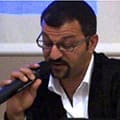
Mohammad Abu Zaineh is Adjunct Professor of Economics at Aix-Marseille Université School of Economics and École des hautes études en santé publique in Paris. He has worked with UNAIDS in Geneva, the Palestine Economic Policy Institute in Ramallah and the Department of Economics as well as the Institute of Community and Public Health at Birzeit University, Palestine. His main areas of research include measurement and explanation of socioeconomic inequality; public economics and policies (applied mainly to health and the health care sector) and economic development.
Khalil Hindi
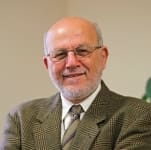
Khalil Hindi is President of Bir Zeit University. He was formerly Professor and Associate Dean at Olayan School of Business, American University of Beirut. He held professorships in both engineering and management science in Britain and AUB. He writes occasionally on Palestinian issues.






